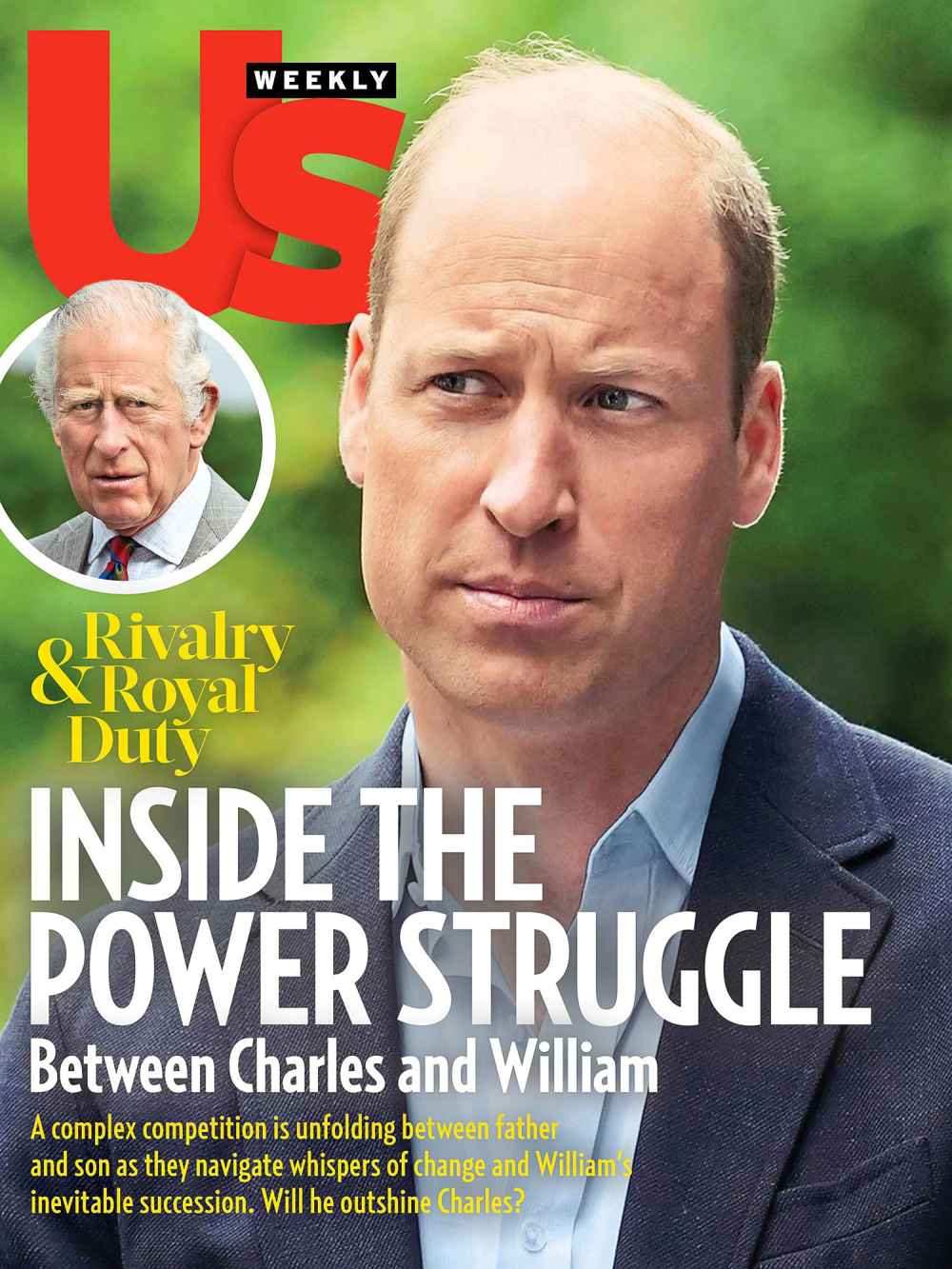As King Charles battles cancer, Prince Harry‘s possible return to the UK is making headlines.
The Duke of Sussex recently learned about his father’s condition directly from the King, prompting him to fly back last month.
This move underscores Harry’s commitment to his family during such a challenging time.
In a candid interview with Good Morning America, Harry expressed his desire to visit the royal family more frequently while his father is unwell.
Despite living across the ocean, he emphasizes the importance of staying connected during this health crisis.
However, his journey back home isn’t without its challenges.
Royal expert Tom Quinn weighed in on the situation, raising concerns about the logistical hurdles Harry might face.
One significant issue is security arrangements in the UK.
Additionally, Meghan Markle‘s hesitation to join him adds another layer of complexity to the situation.
These factors could complicate Harry’s plans to be there for his father.
Quinn points out that, despite these difficulties, it’s crucial for Prince Harry to maintain his caring image, especially during his father’s illness.
This expectation places him under a considerable amount of scrutiny.
Balancing personal feelings with public perception is no easy feat, particularly for someone in the royal spotlight.
The recent loss of his High Court challenge also looms large in Harry’s mind, complicating his decision to return.
Yet, the pressure to show familial support remains strong.
As Quinn notes, Harry’s reputation as a compassionate royal depends on his ability to prioritize his family, even when navigating strained relationships.
This ongoing struggle highlights the tension between Harry’s public persona and his private life.
Members of the royal family are constantly under the microscope, and their actions are scrutinized by the public.
Quinn’s insights encourage a deeper understanding of the balance Harry must strike between his personal convictions and how they are perceived by the world.
For both Prince Harry and Meghan Markle, their public image is built on compassion and empathy.
This makes Harry’s potential visit even more significant.
It goes beyond just a family obligation; it symbolizes his commitment to aligning his personal values with the expectations placed upon him by the public.
If Harry does make the trip, it will carry substantial meaning, reflecting his dedication to family amidst the pressures of royal life.
Quinn’s analysis serves as a reminder that the royal family’s dynamics continue to captivate public interest, especially during times of crisis.
Related Stories

